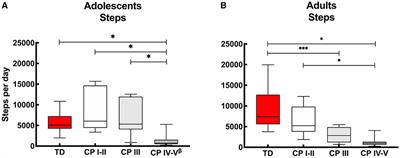EDITORIAL
Published on 04 Jan 2023
Editorial: Adults with childhood onset disabilities: A lifespan approach
doi 10.3389/fneur.2022.1115869
- 771 views
25k
Total downloads
105k
Total views and downloads
EDITORIAL
Published on 04 Jan 2023
ORIGINAL RESEARCH
Published on 27 Jun 2022
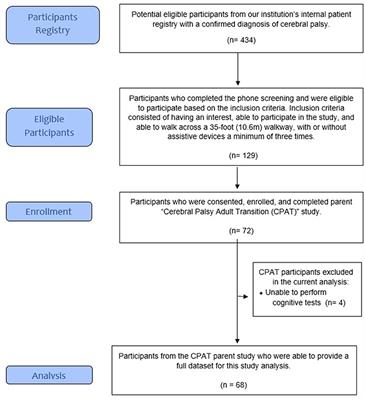
ORIGINAL RESEARCH
Published on 10 Feb 2022
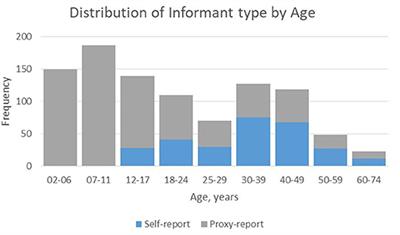
CORRECTION
Published on 18 Jan 2022
ORIGINAL RESEARCH
Published on 14 Dec 2021

ORIGINAL RESEARCH
Published on 08 Dec 2021
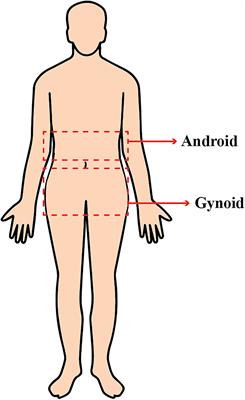
ORIGINAL RESEARCH
Published on 06 Dec 2021

ORIGINAL RESEARCH
Published on 22 Nov 2021
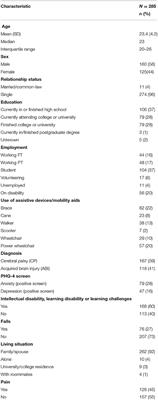
ORIGINAL RESEARCH
Published on 12 Nov 2021
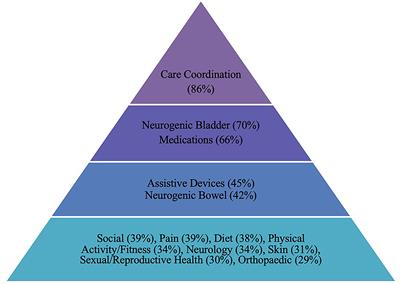
ORIGINAL RESEARCH
Published on 01 Nov 2021
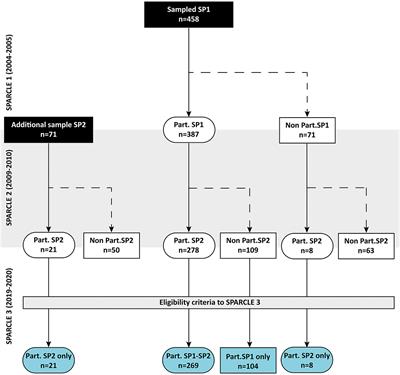
ORIGINAL RESEARCH
Published on 28 Oct 2021
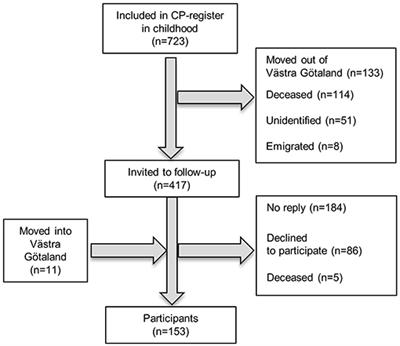
ORIGINAL RESEARCH
Published on 28 Oct 2021
